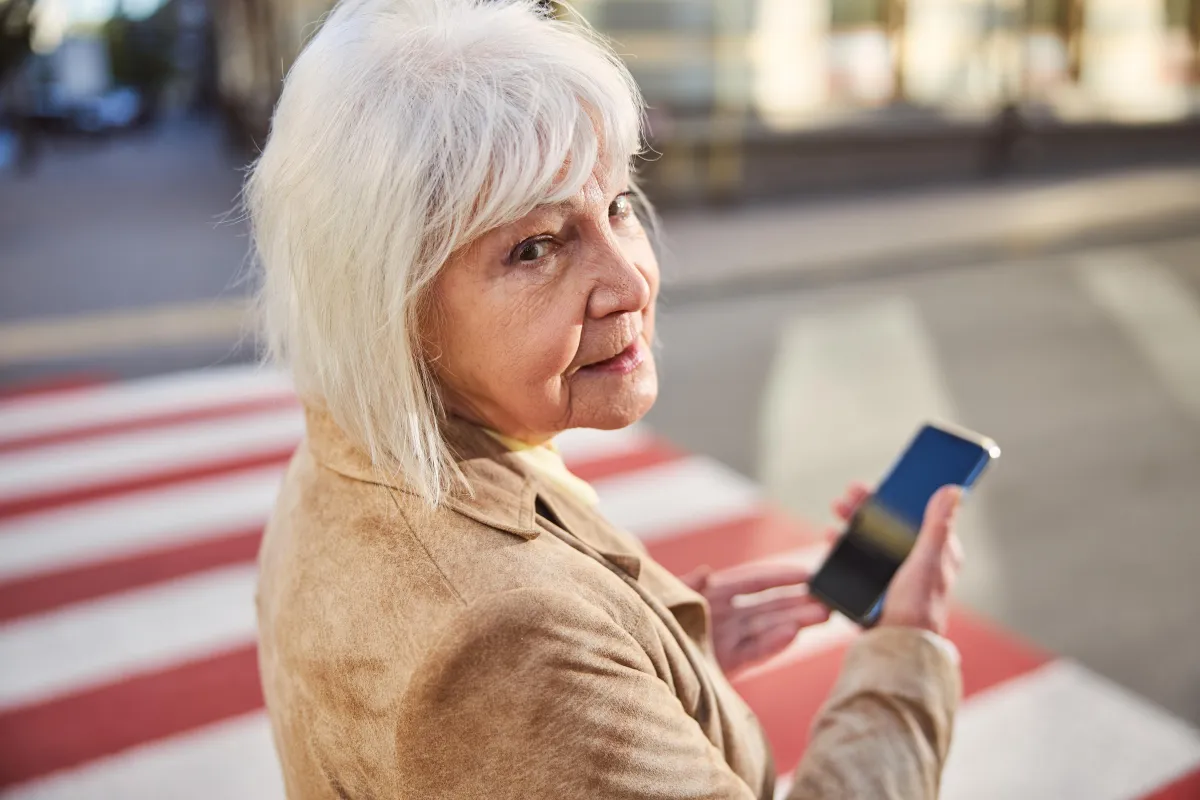
Staying Safe Online: Simple Tips for Older Adults
Being connected brings so many joys: video calls with grandchildren, online shopping, paying bills from the couch. But you’ve probably also heard the horror stories — scams, fake emails, and identity theft.
It’s enough to make some people want to unplug completely. Please don’t! The internet is safe when you follow a few smart habits. Here’s how to protect yourself and feel confident online.
Understand the Most Common Scams
Online tricksters rely on fear and urgency. If you get a sudden pop-up saying, “Your computer is infected — click here!” — don’t panic. If you receive an email saying, “Your bank account is locked — click this link to fix it!” — stop and think.
Most real companies don’t operate this way. They never ask for sensitive info over email or pop-ups. If in doubt, call the company’s official customer service number. Never use a phone number given in a suspicious email.
Use Strong, Unique Passwords
Passwords protect your digital front door. Many people use the same password everywhere because it’s easy to remember — but that makes you vulnerable.
Create longer, memorable phrases: “MyDogSpotRunsFast2025!” is better than “Spot123”. If you have trouble remembering, write your passwords in a small notebook kept in a safe place at home, or use a trusted password manager app.
Update Your Devices Regularly
Your phone and computer need occasional updates to fix bugs and block new threats. Many people ignore update reminders, but they’re your best defense. Set your devices to update automatically when possible — then you don’t have to worry.
Be Careful What You Click
If an email looks odd, has spelling mistakes, or feels too good to be true (“You’ve won $5,000!”) — it’s probably a scam. Delete it without clicking anything.
When shopping online, stick to trusted stores. Look for the small padlock icon in your web browser’s address bar — this means the site is secure.
Stay Private on Public Wi-Fi
Free Wi-Fi at cafes or airports is handy, but not always secure. Avoid logging into bank accounts or entering sensitive info on public networks. If needed, wait until you’re on your home Wi-Fi.
Double-Check Unusual Requests
One cruel scam targets older adults by pretending to be a grandchild in trouble: “Grandma, I need bail money!” Always call the actual person or their parents to check the story before sending a penny.
Use Good Security Tools
Keep an antivirus program on your computer. Modern phones already have strong built-in protection, but don’t download random apps — stick to your phone’s official app store. If you’re unsure, ask a trusted friend or family member.
Share Safely on Social Media
Social media is wonderful for staying connected, but think twice before posting private details like your vacation dates or home address. Scammers can use this info to target you.
Trust Your Gut
If something feels wrong, pause. It’s always okay to ask for help — a child, neighbor, or even your bank can verify suspicious messages. Never feel embarrassed; even tech experts double-check things!
A Gentle Reminder: Enjoy the Good Side of Tech
The internet opens doors to hobbies, family, and entertainment. Don’t let fear rob you of those benefits. A handful of simple habits keeps you safe and confident.
A Quick Safety Checklist for Today:
✅ Use strong passwords and write them down securely.
✅ Keep your devices updated.
✅ Be cautious with unexpected messages or offers.
✅ Double-check unusual requests for money.
✅ Ask for help when in doubt.
You deserve to enjoy technology without worry. A little caution goes a long way — and keeps your online world as friendly as your real one.
